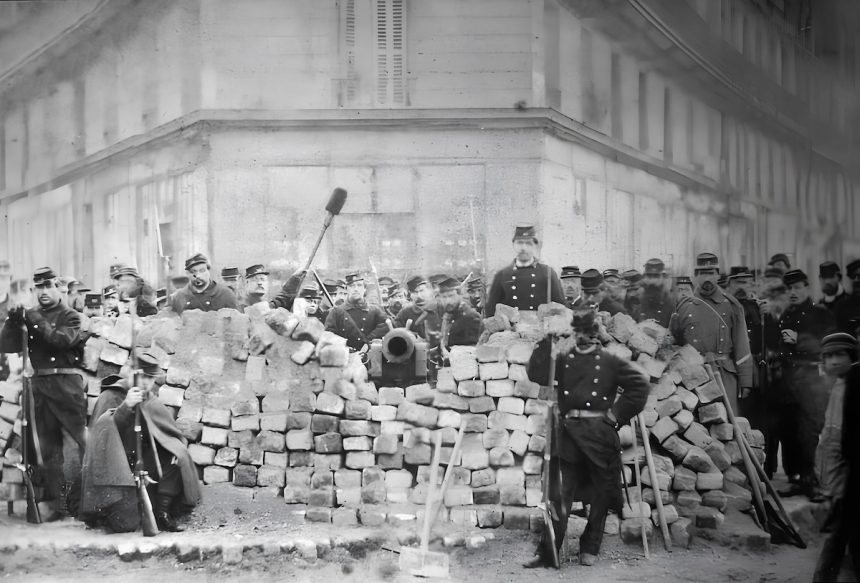In What Context Was the Third Republic Proclaimed?
The Third Republic was the political regime that succeeded the Second Empire. It was proclaimed on September 4, 1870

The Third Republic was the political regime that succeeded the Second Empire. It was proclaimed on September 4, 1870



